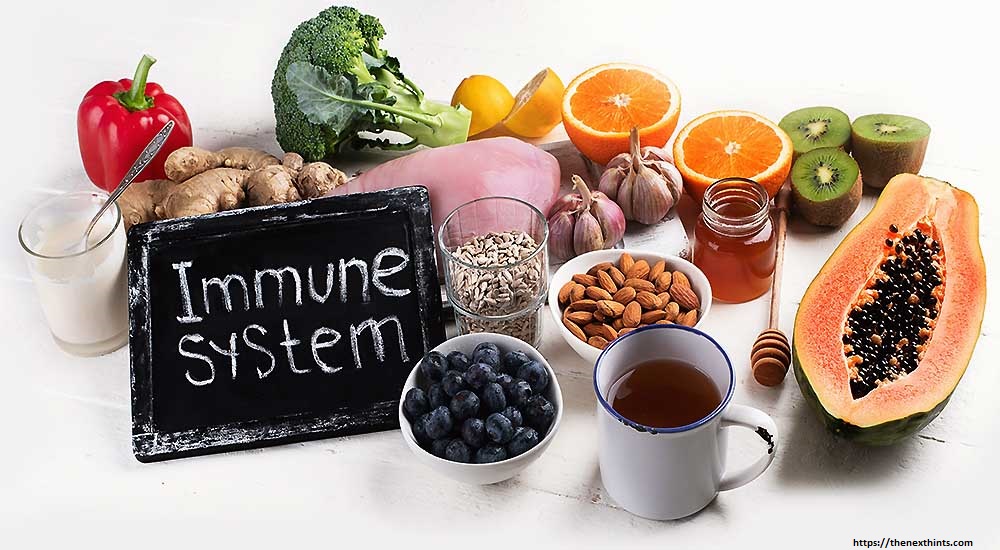You may want to consider taking some supplements in order to help boost your immune system. There are several natural compounds you can take that can work to increase your overall health. These are Vitamin C, Echinacea, and Zinc.
Vitamin C
Vitamin C supplements are a popular way to boost the immune system. The immune system is a multifaceted network of cellular and humoral components that work together to protect the body from pathogens and toxins.
Vitamin C is an antioxidant, which means it protects the body from free radicals that damage cells and tissues. A healthy immune system is important for preventing disease and healing after an injury.
Some studies suggest that vitamin C may reduce the duration and severity of a cold. However, it’s not clear if these benefits are purely a side effect of taking vitamin C or if they’re a result of vitamin C’s other health benefits.
A healthy immune system can help you recover from illness and injury and keep you feeling good. You need to maintain a healthy diet with lots of fruits and vegetables to ensure that you are getting the right amounts of vitamins, minerals, and other nutrients that your immune system needs to function well.
Zinc
Zinc supplements boost your immune system and help you fight infection. They also reduce oxidative stress and inflammation. However, it’s important to be aware of the potential side effects. If you notice any negative effects, decrease your dosage or consult your healthcare professional.
Various studies have shown that zinc can lower the incidence of pneumonia and the duration of the common cold. However, there are some risks, such as reducing the effectiveness of certain antibiotics. It is also possible to consume too much of the mineral. You should only take the recommended dosage, and avoid zinc if you have digestive issues or allergies.
One study found that taking a zinc supplement boosted the mRNA production of TNF-a in LPS-treated monocytes. This is important because inflammation is linked to depression, heart disease, and dementia.
Another study compared the effect of zinc supplementation on the immune system of healthy older adults. Half of the participants were given zinc supplements for 12 months, while the other half took a placebo.
Botanicals
A strong immune system is crucial to health and wellness. Botanical supplements can help boost your immune system. They may include vitamins, minerals, herbs, and other compounds.
Taking a vitamin C supplement can improve your immune function and strengthen your body’s ability to protect itself from viruses. Most people don’t get enough of this antioxidant from their diet.
The best way to boost your immune system is to consume a variety of fruits and vegetables. Five to seven servings of these foods a day provide your body with antioxidants and other nutrients that support your immune system.
Vitamin C is a powerful antioxidant that supports immune cells. It works with amino acids to strengthen your body.
Vitamin C also helps the body eliminate bacteria. You can get more than the recommended daily allowance by consuming supplements. You should consult your doctor or nutritionist before starting any new supplement regimen.
Echinacea is another immune booster. It gets your lymph moving and it can kill bacteria and viruses.
Echinacea
Echinacea is a popular herb that is often used to treat the symptoms of colds and flu. It is available in various forms, including pills, teas, and tinctures. It is recommended that you talk with your doctor before taking any supplement.
The echinacea plant has many active ingredients that help stimulate the immune system. It may also act as an antiseptic. It can be effective at relieving pain, treating urinary tract infections, and reducing the symptoms of coughing.
The plant is known to increase white blood cells in the body. These cells are part of the immune system that fights infection. Infections are caused by bacteria, viruses, and other foreign invaders. Having a healthy immune defense system can prevent illness and reduce the severity of colds and flu.
However, there have been conflicting studies. Some have shown echinacea to have a positive effect, while others have found it to be ineffective. Several factors might contribute to the inconsistent results. It’s important to note that the results vary by the type of echinacea plant used, as well as the concentration.


